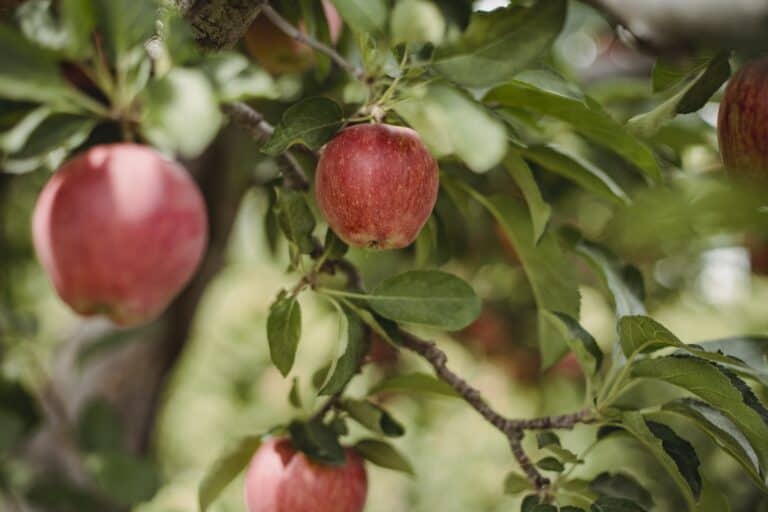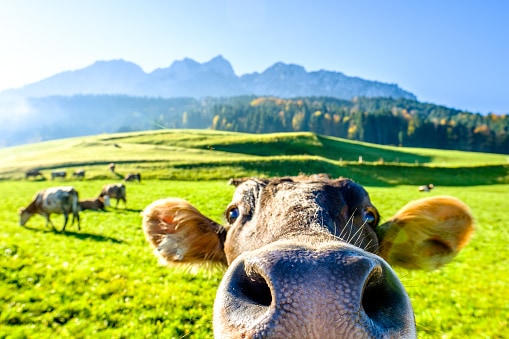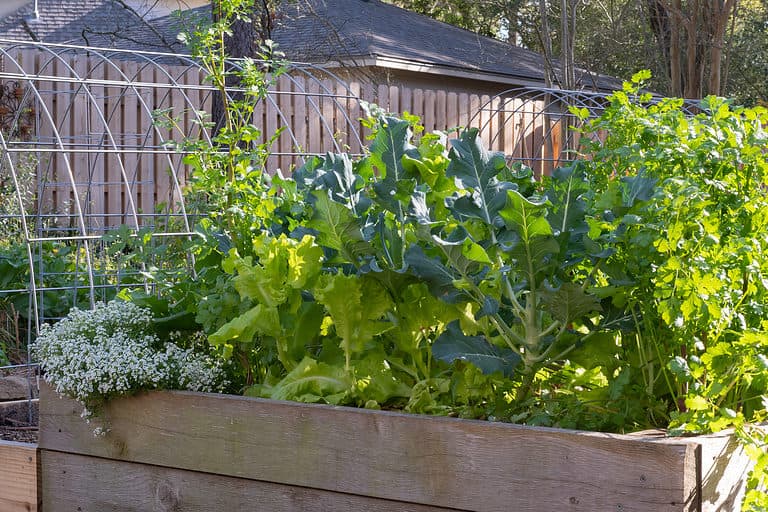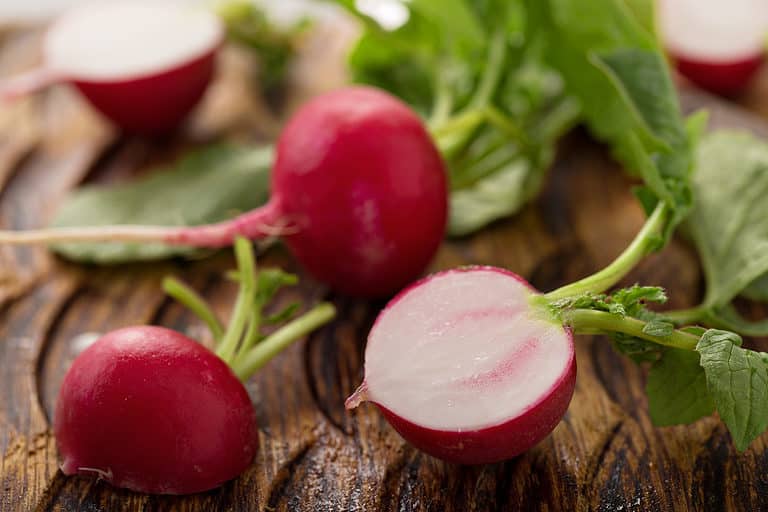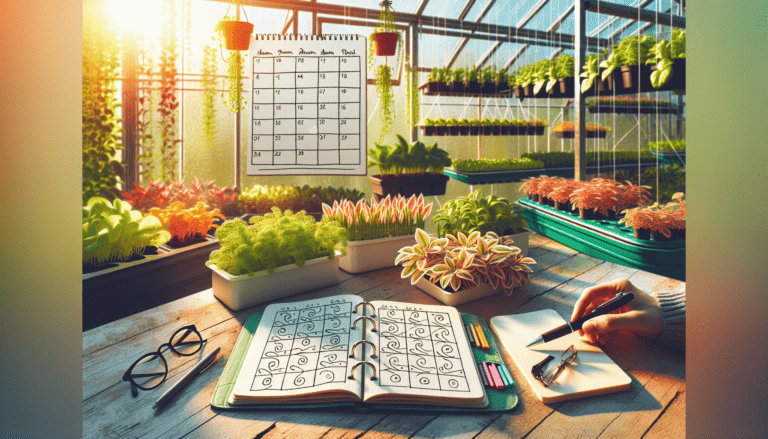Planting a Winter Garden: The Ultimate Guide
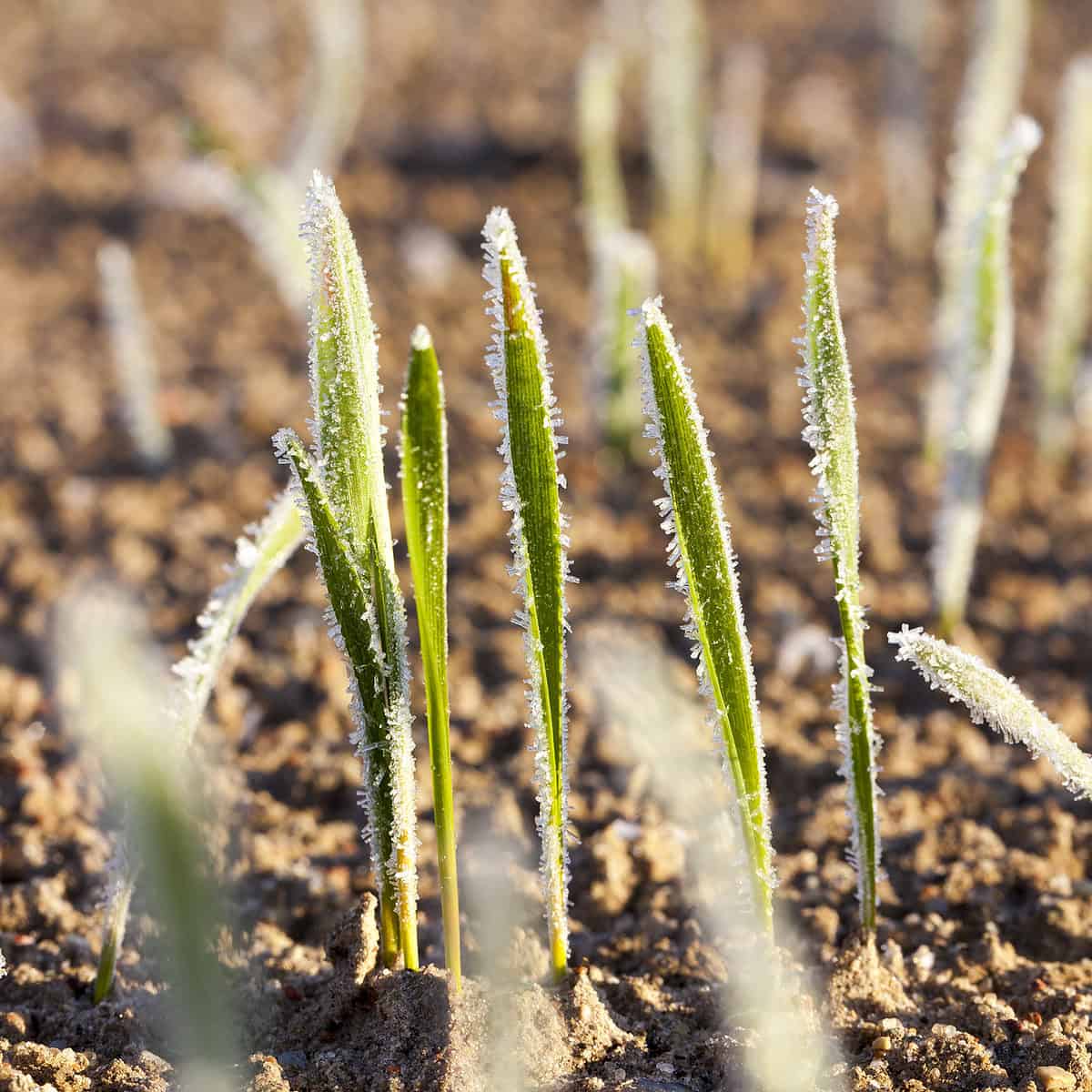
Winter gardening in Georgia is a fantastic way to extend your growing season. Continue to enjoy delicious vegetables throughout the colder months. With a diverse climate, Georgia offers a variety of opportunities for growing winter vegetables, even when the temperature drops. In this guide, we’ll explore everything you need to know about planting a winter garden in Georgia, from understanding the climate to making the most of your resources. So, let’s dive in and discover how to create a bountiful winter garden in the Peach State!
Key Takeaways
Explore winter gardening in Georgia’s diverse climate with leafy greens, root vegetables and cruciferous veggies.
Prepare the garden site for success and follow planting techniques to maximize potential of your harvest.
Utilize resources like Vegetable Planting Calendar & local groups for a successful winter garden experience!
Understanding Georgia’s Winter Climate
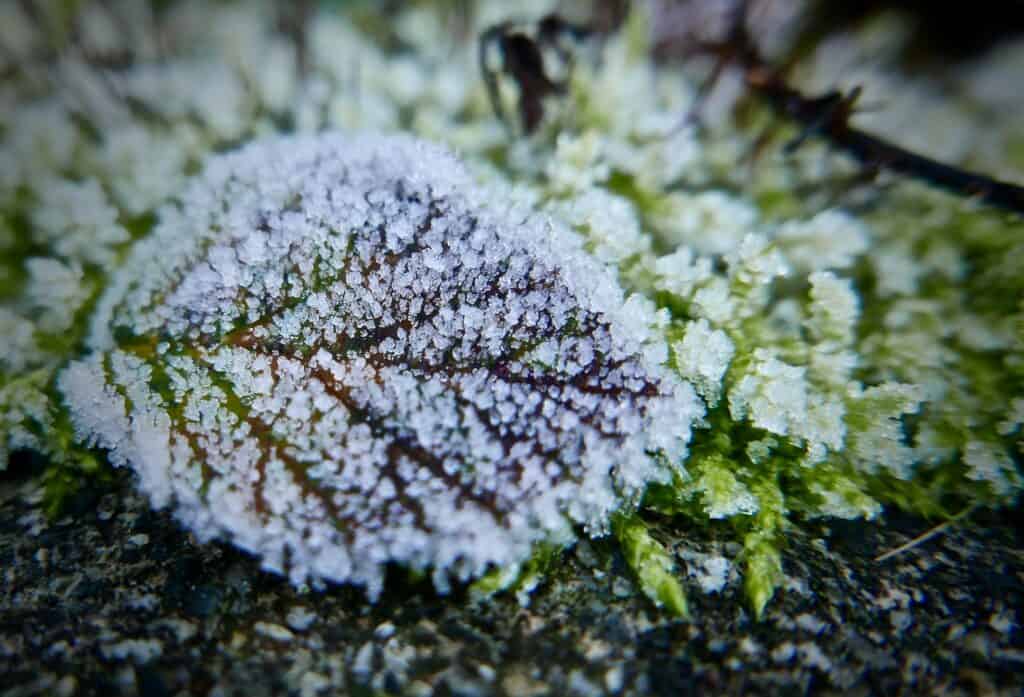
Georgia’s winter climate is quite diverse, ranging from USDA hardiness zones 7a to 8b, with colder temperatures up north in the Blue Ridge Mountains and milder winters in southern regions like Savannah or Valdosta. This range of climates makes Georgia an excellent location for growing various winter vegetables. Some examples of winter vegetables that can be grown in Georgia include:
- Kale – Blue Curled Scotch
- Collard Greens – Champion
- Brussel Sprouts
- Cabbage – Red Acre
- Carrots – Tendersweet
- Radish – Comet
- Turnip – Purple Top White Globe
- Beet – Bulls Blood
These winter vegetables love the cooler temperatures and can provide a refreshing break from the hot summers, especially when exposed to cold temperatures during the cool weather.
Winter gardening offers several advantages, like fewer weeds to pull and less watering needed, making it easier to maintain your garden plot during the colder months. So, whether you’re in the cooler northern regions or enjoying milder winters down south, there’s a winter garden waiting for you to explore.
Preparing Your Winter Garden Site
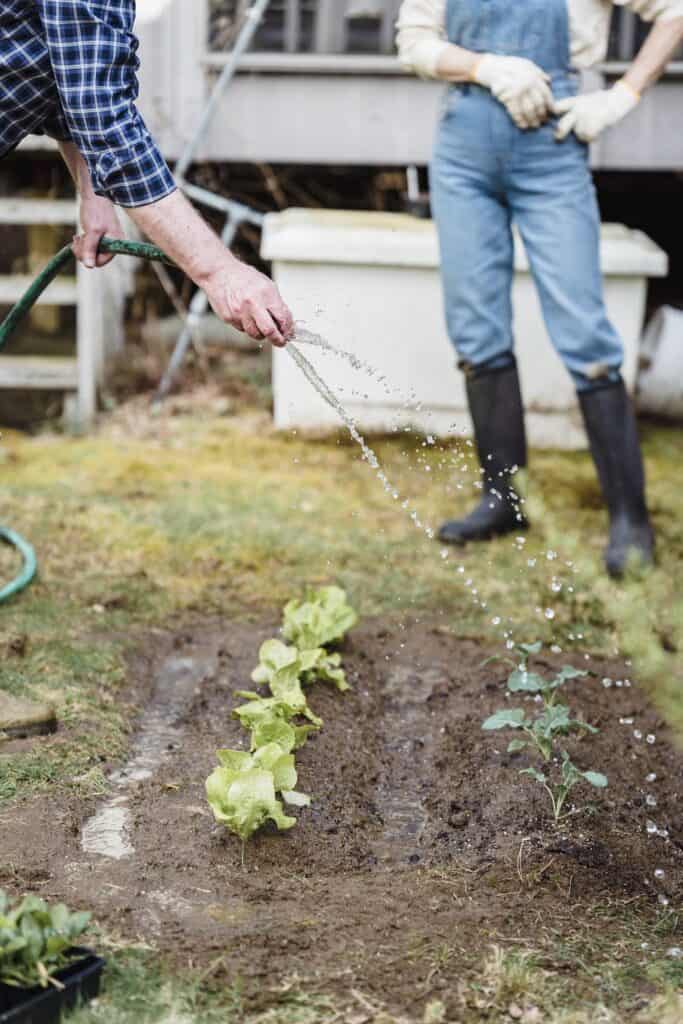
Begin your garden preparation by eliminating any residual crop debris from the previous season that may carry diseases, thus creating ample room for late winter planting. Dispose of any infected plant material in your garden to prevent the spread of diseases. Do not include it in your compost pile.
If your soil exhibits poor drainage characteristics, particularly in northern Georgia, where clay-like soil is typical, adding compost and organic matter can improve this. Aim to adjust the soil pH within the 6.2 to 6.8 range for optimal harvest results.
Raised beds, cloches, and cold frames can help maintain warm soil in a winter garden, especially during cooler temperatures, and protect delicate plants using a cold frame.
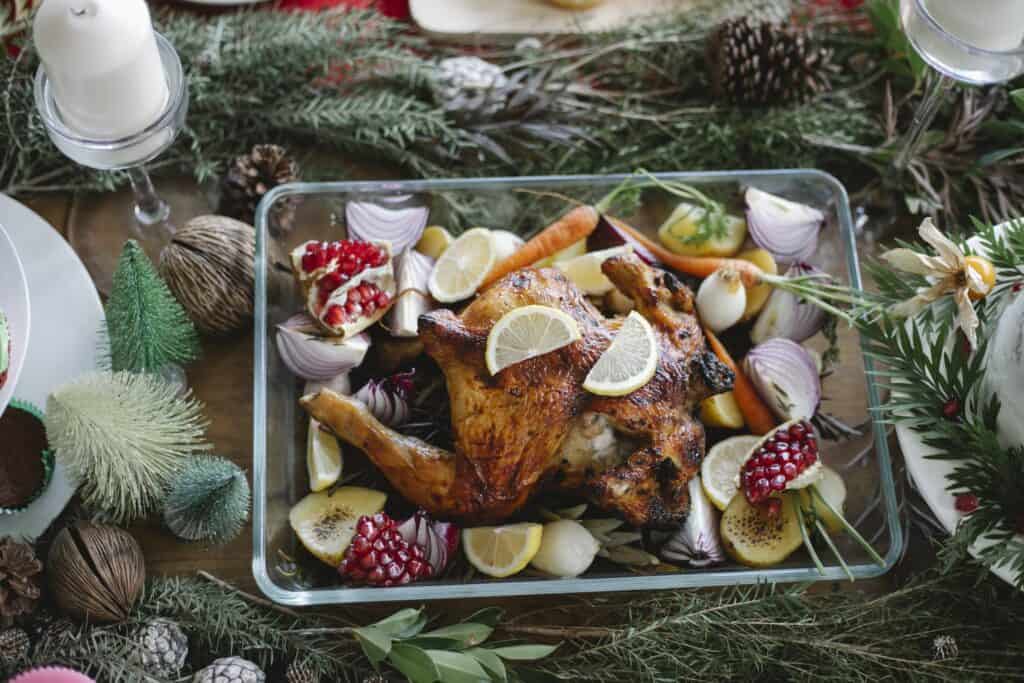
Georgia’s winter climate is ideally suited for a variety of delicious and nutritious vegetables, including leafy greens like spinach and kale, root vegetables such as carrots and beets, and cruciferous vegetables like broccoli and cauliflower.
We will detail each category, highlighting the optimal choices for your winter garden.
Leafy Greens
Leafy greens like spinach, kale, and Swiss chard thrive in Georgia’s winter climate and can be sown in the fall for a winter harvest or during the winter for a spring harvest. Greens such as kale, collards, and other spinach varieties can even be grown in cold frames through winter, providing fresh, nutrient-rich produce throughout the colder months.
Semi-hardy plants that do well in Georgia’s winter climate include:
- Swiss Chard – Fordhook
- Collard Greens – Champion
- Arugula – Wild Rocket
- Bok choy
- Endive – Rossa
- Mustard Seed – Mizuna
- Endive – Broadleaf Batavian
Leaf lettuce, Swiss chard, and other greens that thrive in cooler months can be directly planted in the garden. This will help you to reap a successful winter harvest.
Root Vegetables
Root vegetables like carrots, beets, and turnips, also known as root crops, grow well in Georgia’s winter climate and become even sweeter as the temperature drops. Planting root vegetables like potatoes in January can lead to a rewarding spring harvest.
Here are some of my favorite root vegetables to grow:
Carrots thrive in sandy and well-drained soil, making them a great choice for Georgia’s winter gardens. Beets can be successfully grown in winter in southern Georgia, where freezing temperatures are rare, as long as they receive full sun and grow in nutrient-rich soil.
Turnips can be planted in August and September for a winter harvest in Georgia.
Cruciferous Vegetables
Cruciferous vegetables like broccoli, cauliflower, and cabbage are excellent choices for Georgia’s winter gardens. These vegetables can be planted for a late spring or summer harvest, offering variety and versatility in your winter garden.
A couple of my favorite varieties:
- Broccoli – Waltham 29
- Cauliflower – Snowball Y Improved
- Cabbage – Red Acre
Cauliflower - Snowball Y Improved
Winter cabbage, such as the crinkly savoy, is resilient and thrives when started in containers and transplanted once they have six or more leaves. Cauliflower heads can be kept white by pulling the leaves up over the heads and securing them with a clothespin or twine when they are about 2-3 inches across.
Planting Techniques and Timing
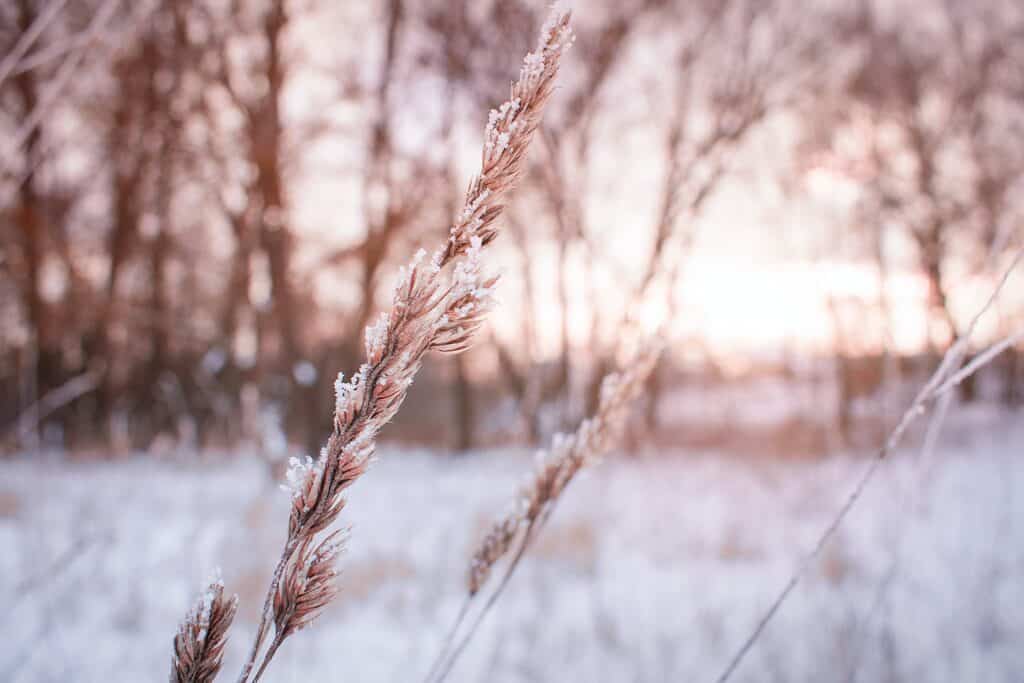
Effective winter vegetable planting can be achieved through direct sowing or container planting techniques dictated by the specific vegetable type and conditions of your garden. Make sure to consider the frost dates in your locality to establish the optimal planting time for your winter vegetables, as proper timing is key to a plentiful harvest.
For example, leafy greens, root vegetables, and cruciferous vegetables like broccoli, cabbage, cauliflower, and Brussels sprouts can be planted as transplants in late summer or fall for a winter harvest in Georgia. By following the appropriate planting techniques and timing, you’ll ensure a successful and productive winter garden.
Caring for Your Winter Garden
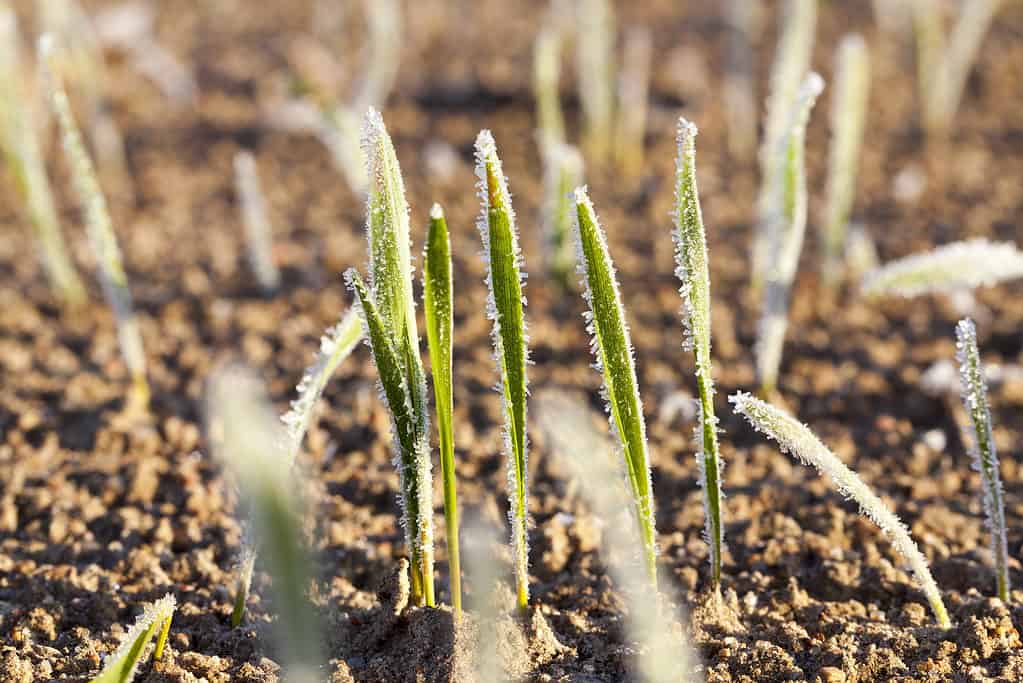
Caring for your winter garden involves monitoring pests and diseases, as well as mulching to protect your plants and maintain soil moisture. Organic insect control products like Bacillus thuringiensis (Bt) or DiPel can effectively target caterpillar-type insects, while pyrethrins, Safer® brand insect-killing soap, and mild insecticides can help control other pests.
Fertilization serves as a vital component in supplying the necessary nutrition for healthy plant growth. Depending on the type of winter vegetable, different fertilizers may be recommended, such as 12-4-8 for winter peas, carrots, or broccoli or a fertilizer higher in nitrogen for leafy green vegetables. Frequent fertilization plays an important role in harvesting. Ideally, additional fertilizer should be applied every three to five weeks.
Using Greenhouses during the Winter
Greenhouses, cold frames, and low tunnels can provide additional protection and warmth for your winter garden in Georgia, creating a controlled environment that enables the cultivation of cold-hardy crops during the winter months. By choosing the right greenhouse location, design, and size and ensuring proper ventilation, you can create the perfect environment for your winter garden.
We are lucky in the south with temperate climates. But if you want to hedge against those super cold snaps, growing in a greenhouse is the way to go. Its nice to be able to tend your garden with wind protection. Also, overwintering things like marigolds and your peppers will give a great start to your spring season.
Winter gardening can flourish even more during mild winters. By maintaining the ideal temperature, soil conditions, and light exposure, a greenhouse can greatly enhance your winter gardening experience and success.
Harvesting and Enjoying Your Winter Produce
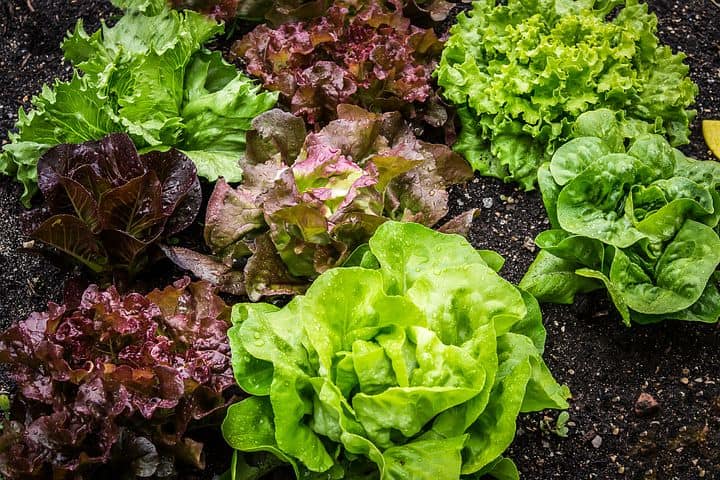
Harvesting winter vegetables in Georgia may require a bit more patience, as plants can take longer to mature due to shorter daylight hours during the winter months. However, with proper care and attention, you’ll be rewarded with a bountiful harvest of delicious winter vegetables. In certain areas of southern Georgia, plants like broccoli can even be harvested twice by cutting the head off the stalk when they are not quite full-sized.
To determine when your winter vegetables are ready for harvesting, monitor the following factors:
- Size: Check if the vegetables have reached their mature size.
- Tenderness: Gently squeeze the vegetables to see if they are firm and not too hard.
- Maturity dates: Refer to the information on seed packets or gardening resources to know the approximate time when the vegetables should be ready for harvest.
By carefully observing your plants and harvesting them at the right time, you’ll be able to enjoy the fresh, delicious flavors of your winter garden.
Additional Winter Gardening Activities
In addition to planting and caring for your winter garden, there are several other winter gardening activities you can engage in to ensure a successful and bountiful harvest. Planning your garden layout, taking a seed inventory, and designing your garden space are all essential tasks to maximize your garden’s potential.
By reviewing your seed stock and assessing its viability, you can make informed decisions about what to plant in your winter garden and when to sow the seeds. Utilizing resources like the Georgia Vegetable Planting Calendar and joining local gardening groups or online forums can further enhance your winter gardening knowledge and success.
Adapting to Georgia’s Weather Changes
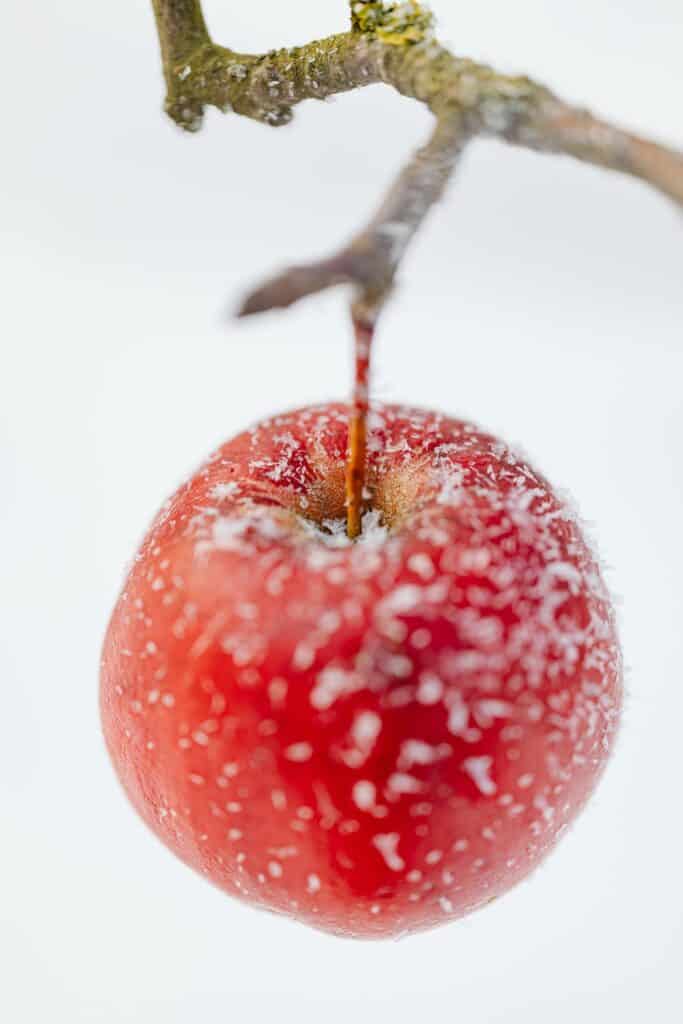
In order to acclimate to Georgia’s fluctuating weather, selecting plants that are compatible with your specific hardiness zone is crucial. This ensures they can endure the winter season and flourish once spring arrives. Protective measures like raised beds and cloches can also be employed to help your plants adapt to fluctuating temperatures and weather conditions.
Winter sowing is an exciting gardening technique that uses containers as mini outside greenhouses to replicate natural seed growth, providing a head start for cool-season vegetables like spinach, kale, and Swiss chard.
By adapting to Georgia’s weather changes and employing innovative gardening techniques, you’ll be well on your way to a thriving winter garden.
Resources for Georgia Winter Gardeners
Make good use of resources such as Georgia’s Vegetable Planting Calendar. This provides a useful monthly guide for vegetable planting, assisting in achieving a successful harvest. You can find the planting calendar online at the University of Georgia Extension website, making it easily accessible for all Georgia gardeners.
In addition, consider joining local gardening groups or participating in online forums, where you can exchange tips, advice, and experiences with fellow winter gardeners in Georgia. These resources can greatly enhance your winter gardening knowledge and success, helping you make the most of your winter garden.
Summary
In conclusion, winter gardening in Georgia presents a unique and rewarding opportunity to enjoy fresh, delicious vegetables throughout the colder months. By understanding the climate, preparing your garden site, selecting the right winter vegetables, and utilizing protective measures like greenhouses and cold frames, you can create a thriving winter garden in the Peach State. With careful planning, attention to detail, and a willingness to adapt to Georgia’s weather changes, you’ll be well on your way to a successful and bountiful winter harvest.
Frequently Asked Questions
When should I start my winter garden in Georgia?
Start your winter garden in Georgia around mid-October to ensure the soil is warm enough for the plants to reach maturity.
What can you plant in the winter time in Georgia?
In Georgia, you can grow a variety of winter vegetables such as carrots, beets, parsnips, rutabaga, onions, cabbage, leaf lettuce, and spinach! Enjoy the bounty of your winter garden!
What is a good winter vegetable garden?
A good winter vegetable garden should include hardy vegetables like English peas, kale, spinach, mustard greens, kohlrabi, leeks, broccoli and Brussels sprouts that can survive the coldest temperatures. Root vegetables like carrots, turnips and radishes are also great options for winter gardens. Adding herbs such as thyme, parsley, mint, oregano, cilantro and sage can help round out your winter harvest.
How can I protect my winter garden from cold temperatures and frost?
Shield your winter garden with protective measures like raised beds, cloches, and cold frames to help protect against cold temperatures and frost.
What resources are available for Georgia winter gardeners?
Georgia winter gardeners have access to a wealth of resources, such as Georgia’s Vegetable Planting Calendar, local gardening groups, and online forums, to help them cultivate successful gardens.

